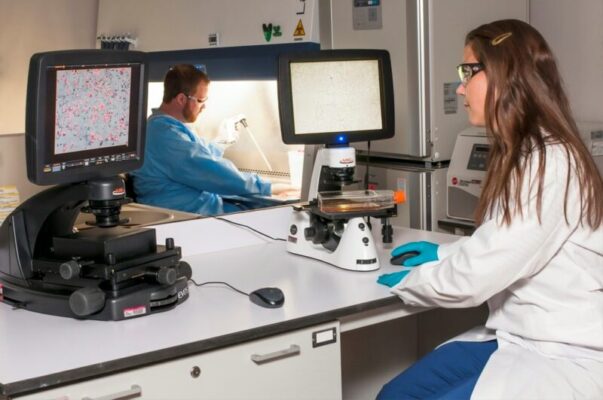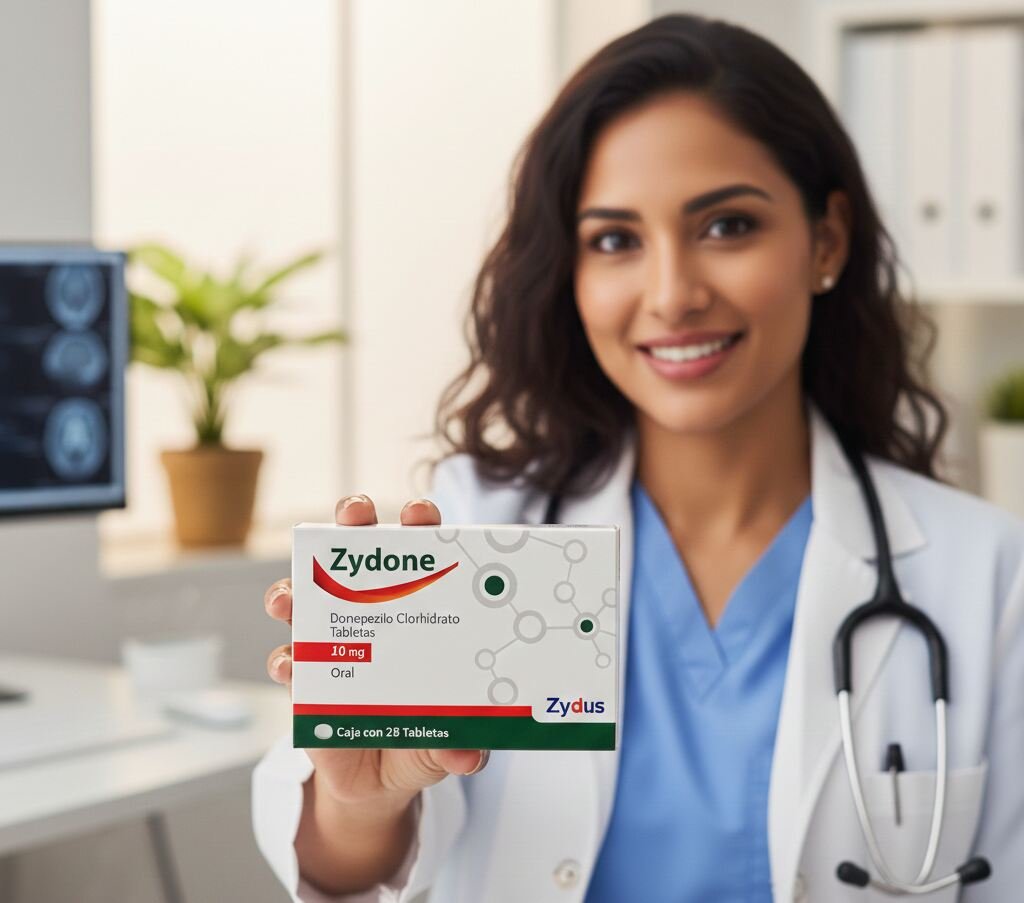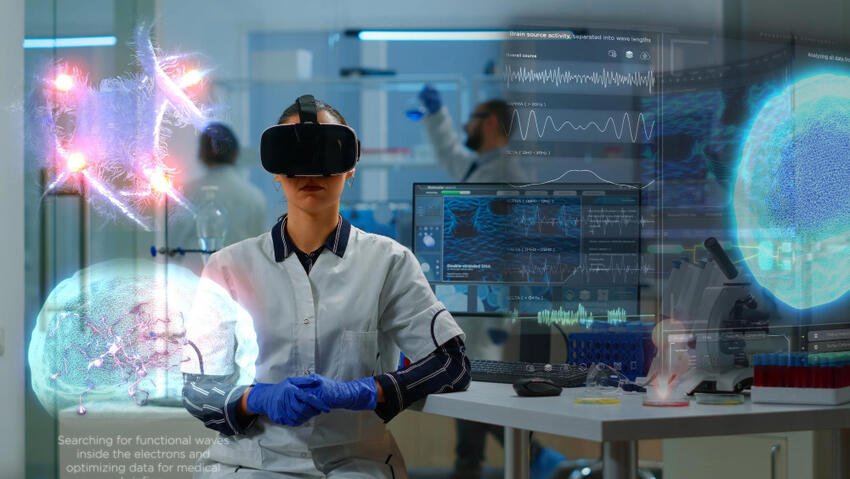The impact of the Covid-19 pandemic has been a hard hit on the world economy, presenting us with unprecedented challenges across the healthcare and pharmaceutical industries. Gap assessments show that the supply chain has been disrupted in a manner that companies are unable to operate with their compliance activities on-site, to ensure maximum efficiency in treatments.
One such significant aspect of the Medical Device Quality Management System (QMS) is inspections and quality audits. With new guidelines to fight the pandemic, regulatory, quality personnel, and manufacturers are adapting to remote auditing. While the concept of remote auditing isn’t new, the shift of clinical trial operations over the cloud has made them more relevant.
However, before we move ahead with remote auditing, let’s have a look at Medical Device Quality Systems and how gmp compliance services can help us understand its significance in a better way.
What is Medical Device Quality Management System (QMS)?
In simple terms, QMS or Medical Device Quality Management System, can be defined as an engineered system of processes and procedures. This system is responsible for covering different aspects of manufacturing, design, supplier management, complaint handling, risk management, clinical data, distribution, product labeling, and storage.
A majority of medical devices today require QMS of some form. However, the complexity of operations over a QMS, depends on the classification of the device. For example, companies that are engaged in engineering high-risk devices (Class III) or medium-risk (Class II) devices need to implement a different QMS over the companies involved in manufacturing non-sterile, low-risk, non-reusable surgical instrument devices (Class I).
Once you have a regulated QMS system working in your ecosystem, remote auditing becomes simplified!
What is Remote Auditing?
Auditing allows clinical researchers to review their trial documents’ objective before it is submitted to the Food and Research Administration (FDA).
Now, talking of remote auditing, it offers similar oversight to traditional auditing. However, the only difference is that the entire auditing process is conducted over an online platform where the auditor gets direct access to medical records over the cloud.
Now, if you’ve never considered the options of clinical trial audits before, the chances are that you need clarity around the approach and its benefits. Here’s a closer look, significant advantages, and a list of considerations before you conduct a remote audit. Let’s get started…
Primary Benefits of Remote Auditing for Clinical Trials
1. You get your hands on a more convenient method of auditing:
Opting for traditional on-site auditing is a straining task as it involves days of review around all documents for a clinical trial. During the auditing period, your team needs to work closely with the auditing team, making it a waste of resources as your team now has less time to look into other critical trial activities.
Things are different when it comes to remote auditing; here, you don’t have to engage your in-house team with the auditors. All you need to do is grant access to your clinical trial documents, set a timeline of events, and get your work done more conveniently.
2. Helps ensure compliance with FDA regulations:
With a team of experienced auditors working on your trials, you have better chances of getting clinical approvals as these experts understand BIMO inspections and FDA regulations. They structure their processes in a manner that will align with the regulatory body’s needs.
With an experienced remote auditing team, you’ll be able to identify deviations in the protocol, potential violations, and data discrepancies, that could result in warning letters from the FDA. Having all your processes aligned, you can now approach the FDA inspectors without hesitation.
3. Cost-effective mode of operations:
Having on-site audits can cause you substantial expenses; you need to look after your auditing team’s basic needs for several days (travel, accommodation, and meal expenses). However, you are relieved from all these additional expenses when you opt for remote auditing. Remember, remote auditing can help you reduce the costs of an audit by saving your additional expenses.
4. Allows you to identify additional training opportunities:
Besides ensuring streamlined compliance with operations, auditing process provides you with scope for improvement by allowing you to identify opportunities.
While it might be a concern against violation, identifying opportunities can help you take your product or services to the perfect stage.
Aspects to Consider Before Remote Auditing
While almost any format of study can benefit from remote auditing, there are a few key aspects that we think you should consider before moving forward with remote auditing. Listed below are a few key aspects:
- Have you established all the specific goals required for an audit?
- Have you organized all your documents?
- Do your documents align with the ALCOA-C documentation?
- The level of flexibility over granting access to study documents?
- Are you experienced with clinical trial audits before?
However, if it’s going to be your first clinical trial, we suggest that you opt for on-site guidance over remote auditing.
Conclusion
Your remote auditing partner plays a crucial role in the success of your products and their approval by the FDA. Lastly, before you hire remote auditors for your clinical trials, ensure that your process aligns with the necessary personnel, infrastructure, and technology.
Read Dive is a leading technology blog focusing on different domains like Blockchain, AI, Chatbot, Fintech, Health Tech, Software Development and Testing. For guest blogging, please feel free to contact at readdive@gmail.com.





